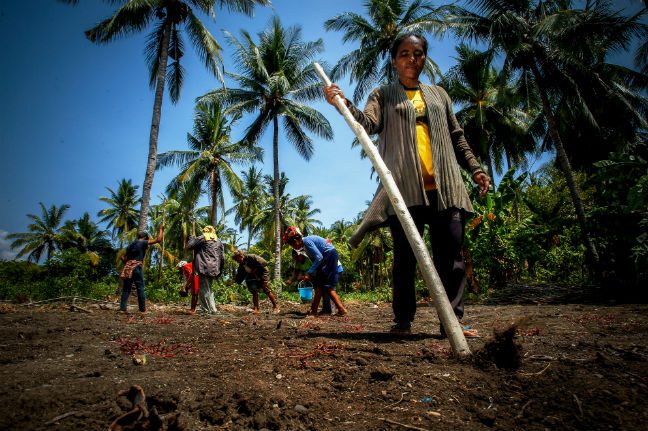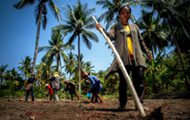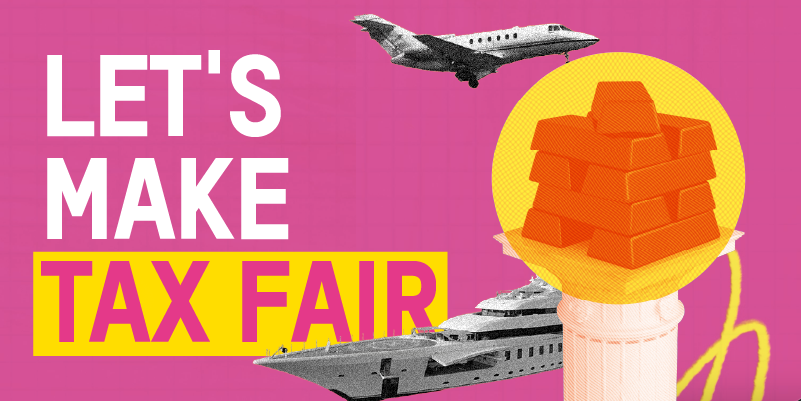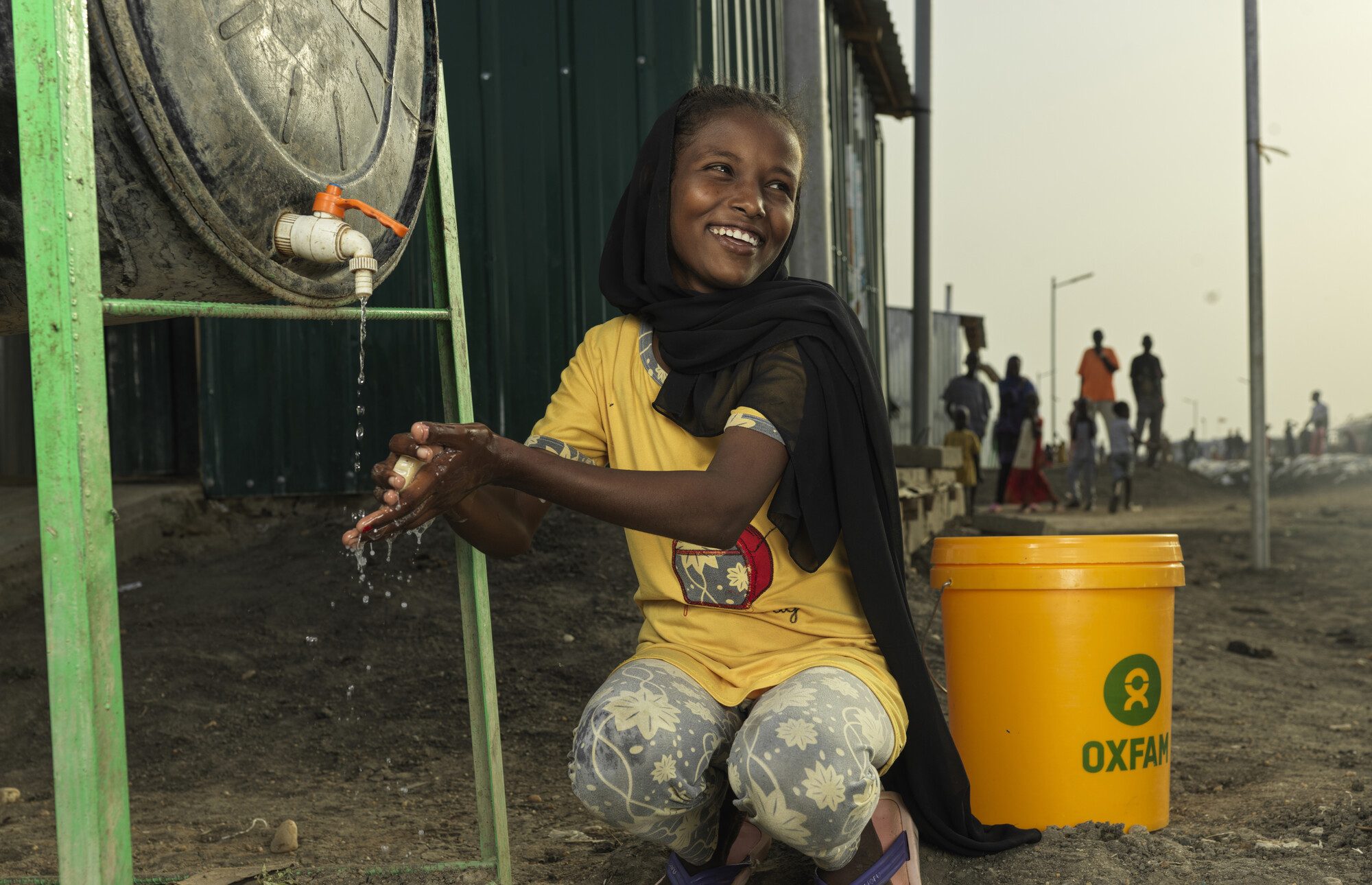By Dr Helen Szoke, Chief Executive, Oxfam Australia
Next year the richest 1% of people in the world will have more wealth than the other 99% of people. That’s right – by next year 1% of people will have more money combined than the rest of the world.
As wealth for the few rapidly piles up, the poor people in our region are being trapped in poverty and left behind. Asia is home to the majority of the world’s extremely poor people, whose life chances remain untouched despite growing economies.
The richest man in Asia, Hong Kong’s Li Ka-Shing, has amassed $31 billion in wealth, while 500 million people in the region still barely survive in conditions of extreme poverty. For one of those poor individuals to earn that same amount they would have to save their entire earnings – for almost 68 million years.
Indonesia, which had an impressive growth rate of well over 5% in 2013, is home to 129,000 individuals in the richest 1% of people around the globe. But Indonesia is also home to almost 112 million people who live on less than US$2 a day.
The latest Global Wealth Report by Credit Suisse labelled the nation as experiencing a ‘rapid rise’ in inequality in recent years, and Oxfam has calculated that if nothing is done to stop the rise of inequality, 13 million more Indonesians are likely to be kept in poverty over the next five years than if equality were pursued.
The government has said that it wants Australian aid to focus on our region. But its unfair decision to turn its back on the poorest people in our region and beyond by slashing aid funding will almost certainly affect every developing country across Asia.
As Australia’s aid effort plummets to its lowest level since records began in 1960, programs that help people to lift themselves out of poverty and to foster peace and democracy in our region are under threat.
Investing in effective aid, and in aid in our region, is not only the right thing to do, it is in Australia’s national interest. Effective aid helps people take control of their own lives and become self-reliant. Properly targeted aid can help reduce inequality, prevent conflict and make countries more prosperous and stable.
Australia can be part of the solution to global inequality – but it means not turning our back on the world’s poorest people.
Join the movement of Australians standing up for Australia’s life-changing and life-saving aid program in 2015.




